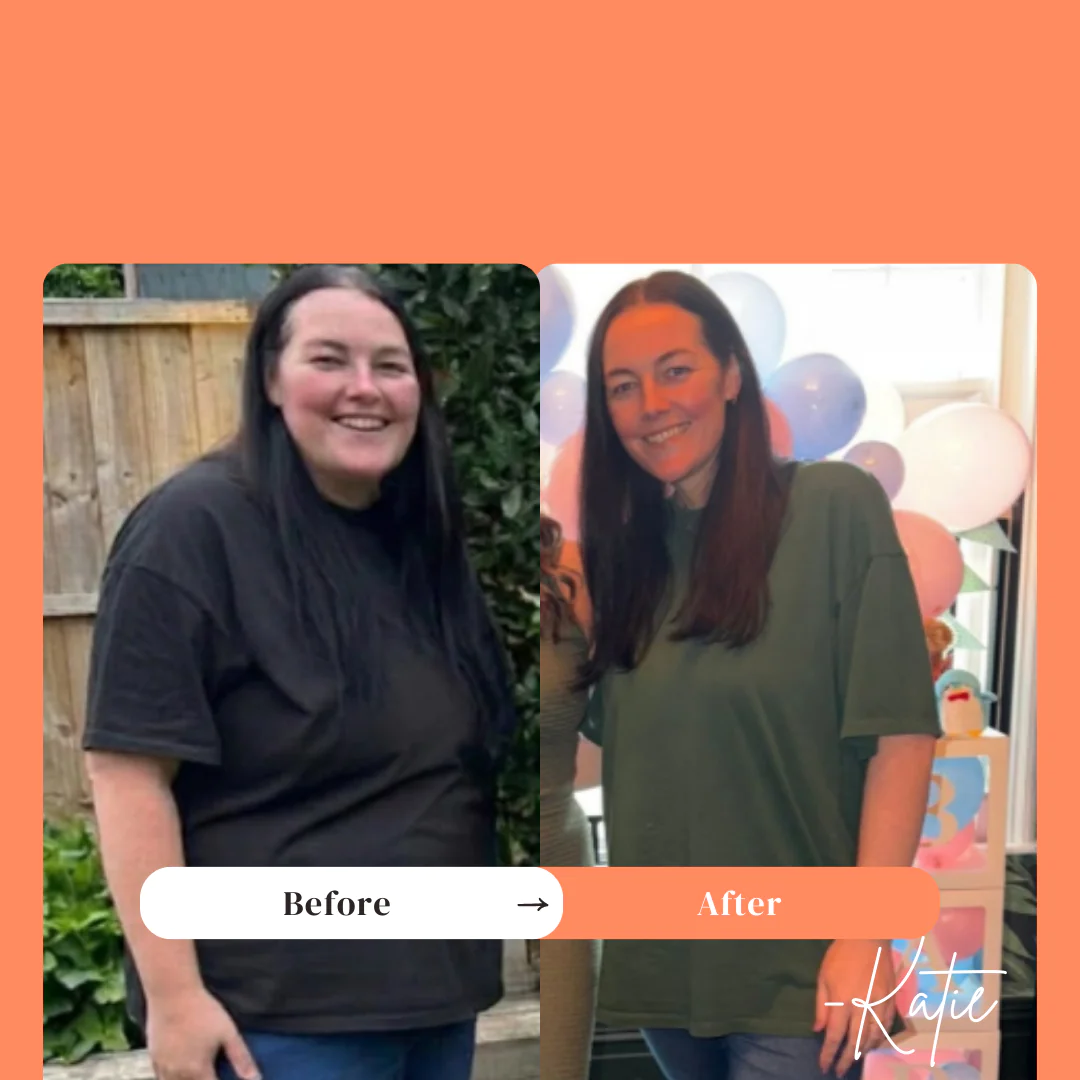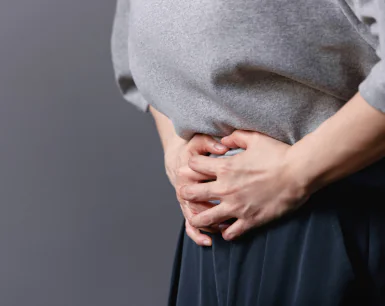Alcohol and weight loss surgery, do they mix?
And a very controversial question it is! In all seriousness this is one to discuss with your bariatric team … and then to follow their post weight loss surgery advice.
Some surgeons say an emphatic NO and others say YES but with a cautionary note. Almost all, without exception, will advise never within the first 6-12 months post-op.
The reason for this? Well your liver will be working flat out to try and deal with all the weight-loss products your body is producing while losing weight quickly, so it doesn’t need the additional workload of alcohol breakdown to contend with.
After this time, some alcohol may be tolerated but with extreme care. One thing is for sure – your new bariatric re-plumbing and set up will probably mean that you can’t tolerate alcohol in the same way that you might have been able to prior to surgery.
In short you become the ‘cheap date’ – just one glass short-circuited into your system may make you feel intoxicated in no time at all. It’s as if the alcohol is fast-tracked into your bloodstream with the speed of an F1 racing car.
For this reason it makes sense to never drink alone (keep yourself safe with responsible family and friends) unless you know your toleration levels very well. Never ever drink and drive, even after just one drink. This is because measured levels of alcohol in the bloodstream and in the body have been proven to be higher than with non-WLS drinkers imbibing the same amounts. You would probably fail a breath test and your ability to judge distances etc will be impaired.
On a more weight-related basis it is also better to avoid sugary and high fat or creamy alcoholic drinks for the calories alone but gastric bypass patients may also find them unwelcome candidates for ‘dumping syndrome’.
On a practical level also avoid or go very easy on the fizz – if a drink offered is slightly sparkling then you can twizzle with a spoon or stick to get rid of as much gas as possible. Ice cubes will also do a similar sterling job.
Better still is to check out some non-alcoholic options. Consider heavily-diluted fruit juices, flavoured waters (with no added sugar), sugar-free cordials and syrups made up with iced water, iced tea and coffee offerings sweetened with artificial sweeteners or alcohol-free wine. The latter now come in red, white and rose type … there’s even a lightly sparkling white that would make a fabulous replacement for a Champagne … just stir well to reduce the bubbles so that they don’t go up your nose or inflate your stomach pouch!




